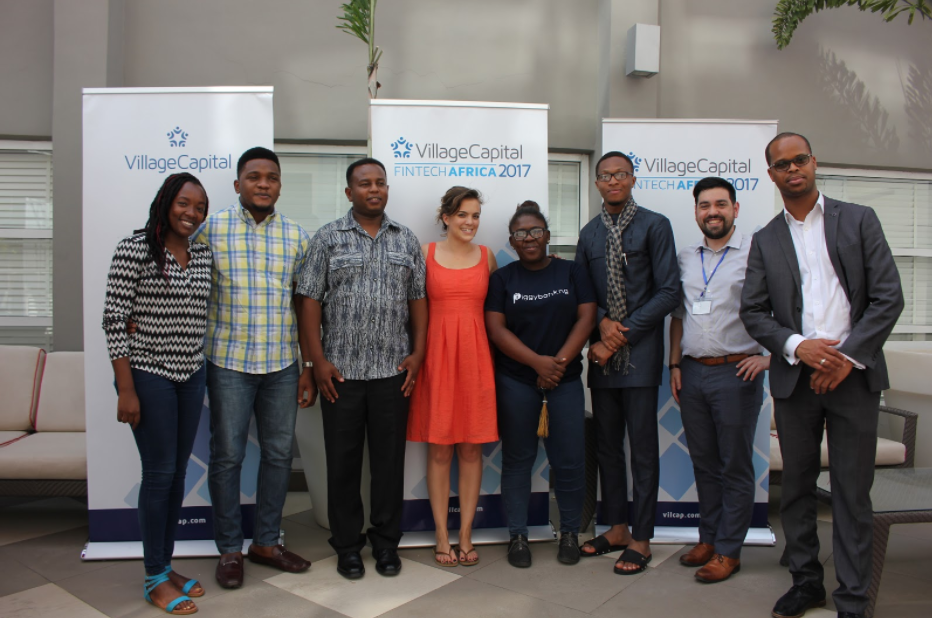African entrepreneur support organisations such as co-working spaces, hubs and incubators are not reaching their potential when it comes to encouraging early-stage deal flow.
That is according to a new report released by Village Capital, which has run a host of accelerator programmes in Africa as well as VilCap Communities, aimed at equipping entrepreneur ecosystem leaders with the tools to catalyse impact investment.
The company has just released a report – ‘Unlocking Pipeline’ – based on more than 300 interviews and surveys with stakeholders in its network, which argues that entrepreneur support organisations are not fulfilling their full potential, which results in deal flow at an early-stage remaining stubbornly low.
It also argues that the focus should be on better equipping those organisations that already exist, rather than adding to their number.
Based on these findings, Village Capital has summarised five key best practices for support organisations in Africa. Here they are:
Build a cohort of entrepreneurs with care: one size does not fit all
Narrow programmes that focus on a single sector can attract higher quality ventures and achieve superior follow-on outcomes. Further, distinguish the entrepreneurs applying for support according to their scale and growth potential, which will dictate what support and financing they should be eligible for.
“It’s always easier to run a programme in a specific sector because you have specific experiences that the entrepreneurs can share – there is more opportunity for cross-fertilisation. If you put a fintech startup in a room with another fintech startup, they have a lot to learn from each other,” said Aboubaker Benslimane, Morocco lead at ESO Jokkolabs.
Design a strong curriculum
Entrepreneurs insist that a high-quality, vetted curriculum, localised to suit their sectors, geographies, and languages is one of the most attractive features of the best hubs. Also, select partners who are prepared to get involved in programming rather than for their brand names. Appreciate that entrepreneurs learn more and faster in sessions with appropriate mentors rather than formal lectures and gain from collaboration and interaction with peers. Finally, ditch the demo days on accelerators, and use the time for one-on-one investor meetings instead.
“Nigeria is very big but also very little. It was very interesting during Village Capital’s accelerator programme to see many people across Africa running businesses, and to learn their motivations,” said Odunayo Eweniyi, co-founder at PiggyVest.
Build a sustainable business model
Try to diversify beyond philanthropic capital and subsidies by extending into consulting, research, space rental, corporate sponsorship and commission on capital raised for example. Do not treat a fund as a business model: management-fee related payouts can take eight years to materialise. Finally develop strong impact metrics for programmes to encourage donors.
“We’re good at executing programmes, but monitoring and evaluation has been hard. This makes further fundraising difficult, since we can’t prove our results,” said Fayelle Ouane, co-founder at Suguba.
Develop your team
Many tech hubs are essentially startups and face the same problems, chief among them talent. This impacts what can be delivered. One way to tackle this is to petition partners for unrestricted funding to support a team’s capacity.
Think regionally
Entrepreneur support organisations with regional programmes that help entrepreneurs address the problem of scaling in small economies have been more successful in raising operating and investment capital. Also, consider involvement in collective advocacy. Organisations
such as i4Policy are leading the charge on lobbying governments for startup-friendly policy, including through creating collaborative linkages across ecosystems.
“Our exposure to other African ecosystems has helped us to restructure our approach and inspired us on how we should build the ecosystem in Kinshasa. Our counterparts shared leads for partners and tips on what has worked for them,” said Francois Ngenyi, at ESO Ingenious City in the Democratic Republic of Congo (DRC).


